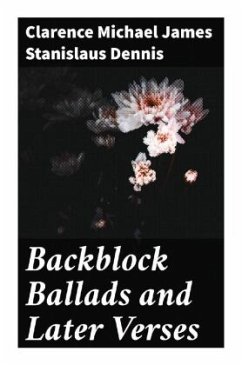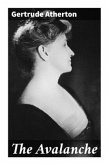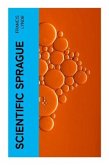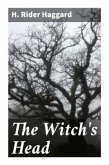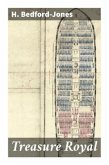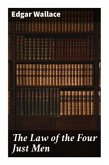In "Backblock Ballads and Later Verses," Clarence Michael James Stanislaus Dennis offers a poignant collection of poetry that captures the essence of life in Australia's rural hinterlands. The work is characterized by its rich imagery, vernacular language, and a deep sense of place, as Dennis masterfully portrays the struggles, joys, and idiosyncrasies of backcountry life. Through a blend of humor and pathos, the verses resonate with authenticity, reflecting the vibrancy and resilience of Australia's bush culture while embodying a broader commentary on isolation and community. Clarence Dennis, born in 1876, was a poet and a journalist whose upbringing in the Australian bush vastly influenced his writing. His experiences in regional Australia provided him with firsthand insights into the lives of farmers and pioneers, informing his use of colloquial speech and regional dialects. A strong affinity for the landscape and its people is evident in his work, which aligns with the largermovement of Australian literature seeking to define a national identity through local narratives. This collection is highly recommended for readers interested in Australian literature, bush poetry, or those who appreciate the intersection of tradition and modernity in poetry. Dennis's evocative verses capture the spirit of an era and the soul of a nation, making this work an essential addition to the canon of Australian literary heritage.
Bitte wählen Sie Ihr Anliegen aus.
Rechnungen
Retourenschein anfordern
Bestellstatus
Storno

